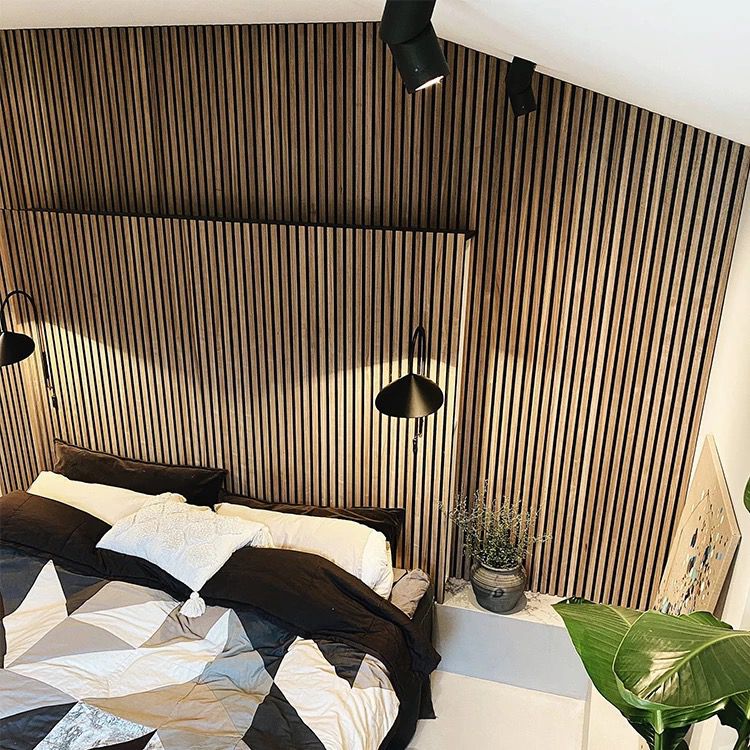Providing a comfortable and healthy indoor atmosphere is a top goal for both homeowners and builders. Insulated wall panels are an effective technique to do this. These panels not only improve a building’s aesthetics, but also help to improve indoor air quality and energy efficiency.
Understanding Wall Panels
Wall panels are composite building materials consisting of two outer layers and an insulating core. The outer layers provide structural support and protection against external elements, while the core offers thermal insulation. This combination results in a building envelope that is both sturdy and energy-efficient.
Benefits of Insulated Wall Panels
- Thermal Efficiency: The insulating core reduces heat transfer, maintaining a consistent indoor temperature and reducing the need for heating and cooling systems.
- Air Quality Improvement: By minimizing air infiltration, these panels help prevent outdoor pollutants from entering the indoor space.
- Moisture Resistance: The design of insulated wall panels helps prevent moisture accumulation, reducing the risk of mold and mildew growth.
- Sound Insulation: The dense structure of the panels also provides soundproofing benefits, creating a quieter indoor environment.
Enhancing Indoor Air Quality
Indoor air quality is a significant concern, especially in urban areas where pollution levels are high. Wall panels contribute to cleaner indoor air in several ways:
Limiting Air Infiltration
Traditional construction methods often leave gaps and seams that allow unfiltered air to enter the building. Wall panels are designed to fit tightly together, reducing the number of joints and potential entry points for pollutants. This tight seal helps maintain a cleaner indoor environment.
Preventing Mold Growth
Moisture is a primary contributor to mold development, which can negatively impact air quality and health. The moisture-resistant properties of wall panels help prevent condensation and moisture buildup, thereby reducing the risk of mold growth.
Improving Energy Efficiency
Energy efficiency is not only beneficial for the environment but also for reducing utility bills. Wall panels enhance energy efficiency through:
Superior Insulation
The insulating core of these panels provides a high R-value, indicating excellent resistance to heat flow. This means that less energy is required to heat or cool the building, leading to significant energy savings.
Reducing Thermal Bridging
Thermal bridging occurs when heat bypasses insulation through more conductive materials. Insulated wall panels minimize this by providing continuous insulation across the building envelope, eliminating common pathways for heat loss.
FAQs About Wall Panels
Q: Can insulated wall panels be utilized in any climate?
A: Yes, these panels are adaptable to different climate conditions, providing both insulation and protection from natural forces.
Q: Are insulated wall panels eco-friendly?
A: Many wall panels are constructed from sustainable materials and help to save energy, making them an environmentally responsible alternative for building.
Q. How long do insulated wall panels last?
A: With proper installation and maintenance, wall panels can last for decades, providing long-term value.
Q: Do wall panels require any extra maintenance?
A: These panels are built to last and normally require little care, only regular checks to maintain their integrity.
Q: Are there design options available with insulated wall panels?
A: Yes, wall panels come in various finishes and styles, allowing for customization to match the desired aesthetic of the building.
Learn how to boost your building strategies with smart solutions for tech-integrated concerns.
